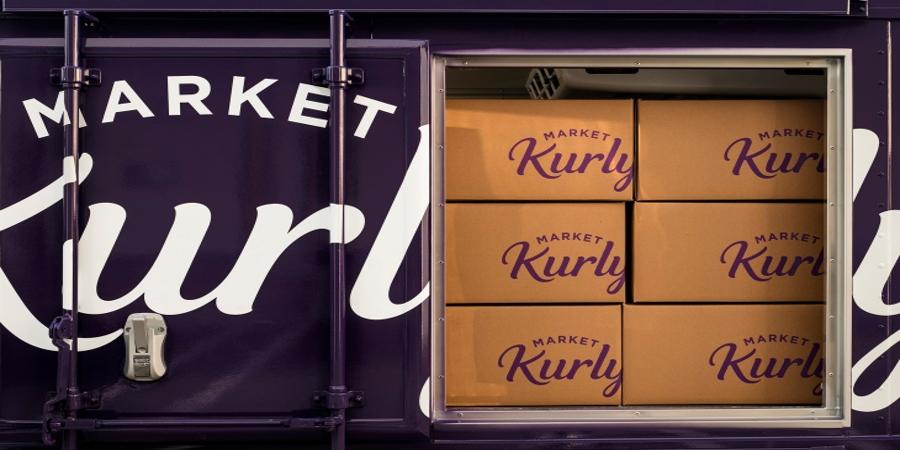Kurly, a South Korean startup that provides next-day grocery delivery service, just announced that it has called off its plan to go public amid worsening economic situations that have put startups’ market debuts on hold.
“We have decided to postpone listing on the Korea Exchange (KOSPI), considering market sentiment remained weak amid the global market uncertainties,” the company said in an emailed statement.
The startup passed the preliminary listing screening on August 22, 2022. In South Korea, a private company must complete the initial public offering (IPO) process within six months after it receives the initial approval for listing. Hence, the IPO deadline for Kurly is on February 22. Kurly will have to start from scratch should it wants to resume its listing.
“Kurly will resume the IPO at the optimal time when we can fully evaluate our valuation in the future,” the company said in its statement. “We have enough cash to carry out the new business we were planning.”
TechCrunch covered Kurly’s $210 million pre-IPO funding at a $3.3 billion valuation in December 2021. But now the online grocery startup is reportedly valued at approximately $669 million, which dropped about 78%.
Founded by Kurly CEO Sophie Kim, a former investment banker, the company expanded to non-grocery products like cosmetics, personal care products and health supplements as part of an effort to increase its revenue or gross merchandise volume (GMV) before listing. In an interview with Bloomberg in March last year, Kim said its non-grocery products account for more than 20 percent of Kurly’s total GMV.
Last August, Kurly made its first overseas foray into Singapore, enabling consumers in Singapore to buy ready-to-eat and ready-to-cook meals via an app called RedMart, owned by Alibaba’s Lazada.
Kurly has raised a total of about $761 million since its 2015 inception. Its investors include DST Global, Sequoia Capital China, Hillhouse Capital, Aspex Management, MiraeAsset Venture Investment, Anchor Equity Partners and strategic investors such as CJ Logistics and SK Networks.
Source @TechCrunch



